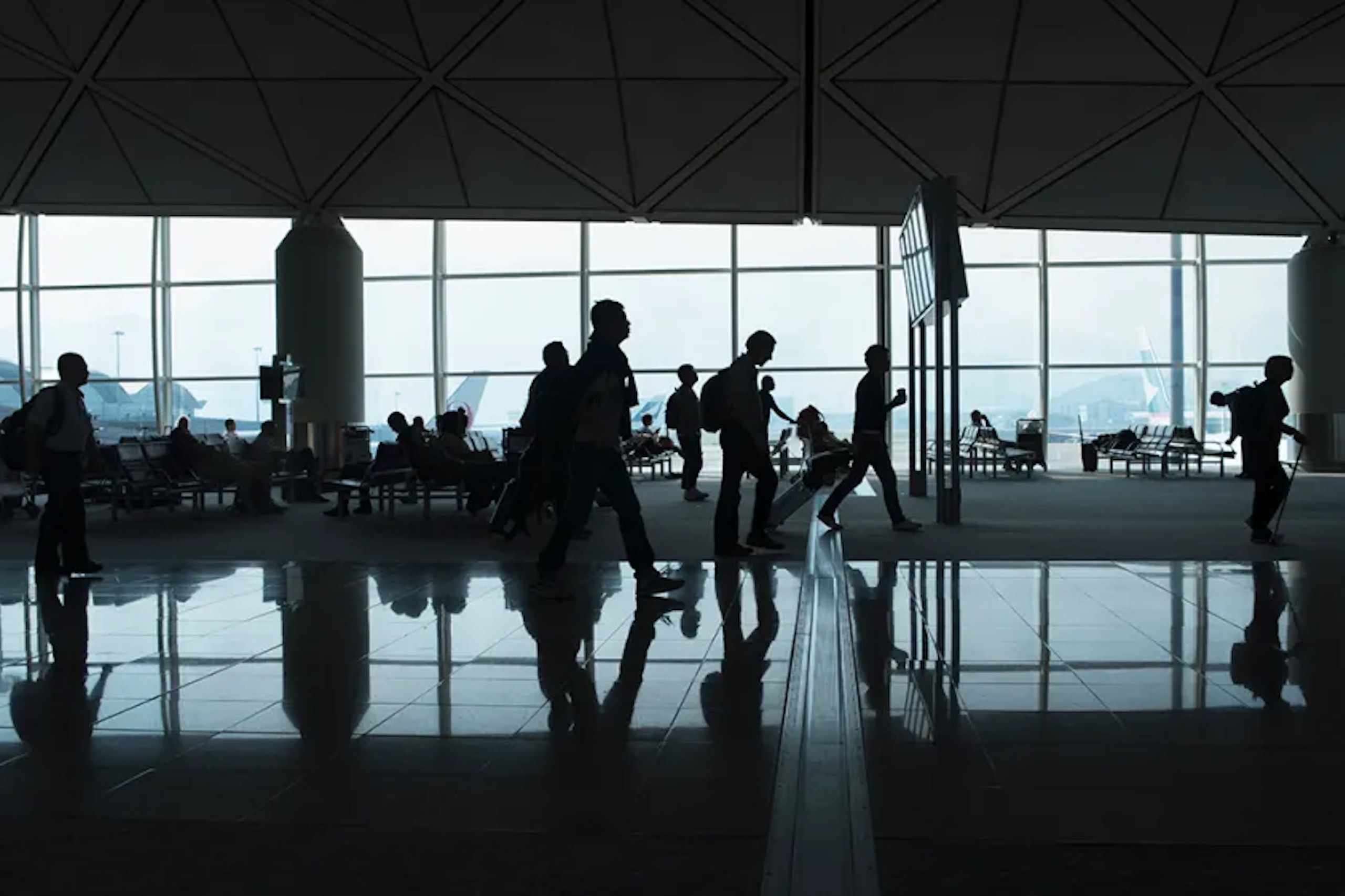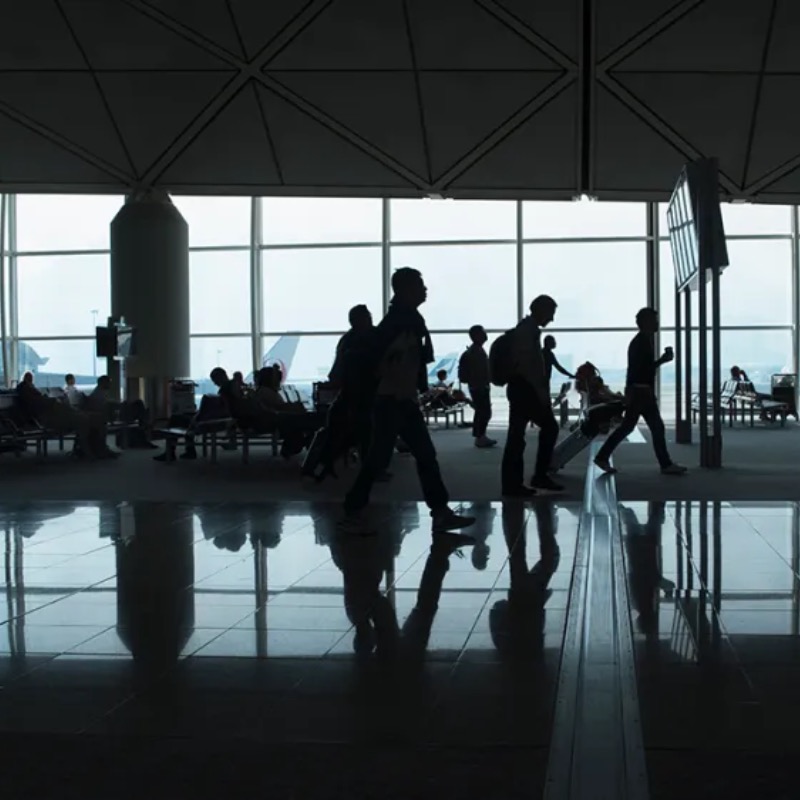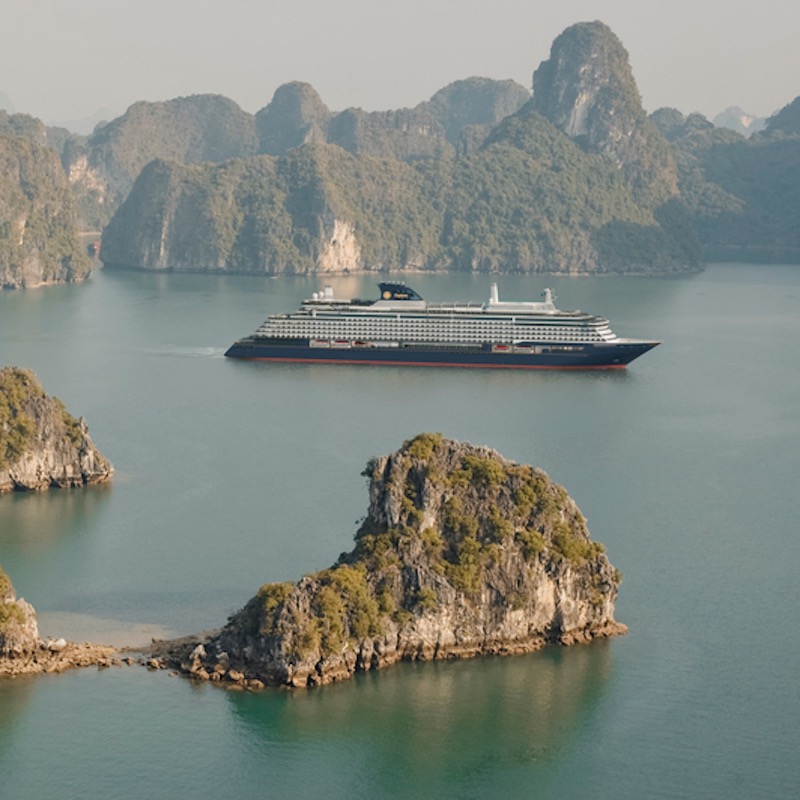It looks like the world’s airports will get even busier over the next decade and a half.
Global spending on leisure travel is expected to triple from US$5 trillion (approximately HK$39.25 trillion) in 2024 to US$15 trillion (approximately HK$117.75 trillion) in 2040, according to a new report by Boston Consulting Group (BCG).
The report, based on a survey of nearly 5,000 travellers from across 11 countries, showed that emerging markets will drive significant growth in the travel sector. China, India, Saudi Arabia, and Vietnam are set to outpace industry heavyweights, including the US, the UK, and Germany. China is on track to become the country with the highest spending on leisure travel, with increases of more than 10 percent per year.
Interestingly, it is not international jet-setting that will draw most of the cash. Domestic travel is projected to generate nearly US$12 trillion (approximately HK$94.20 trillion) by 2040, while regional travel is expected to triple to more than US$2 trillion (approximately HK$15.70 trillion), the report says. International travel is forecasted to generate a smaller share of US$1.4 trillion (approximately HK$10.99 trillion), but is set to grow the fastest, according to BCG.
The report showed that Millennials and Gen Zers are the most influential travellers globally, planning more trips and spending more on experiences than older generations. It also found that travellers across the board are more interested in taking trips focused on cultural exploration, health and wellness, and spiritual or religious enlightenment, rather than embarking on conventional beach, city, or nature holidays. Food tourism is also booming, with Chinese, Vietnamese, and Indonesian surveyees ranking food as a top reason for travel.
“Bleisure” travel is also growing in popularity, especially in the emerging markets. More than 70 percent of travellers in China, India, Nigeria, and Saudi Arabia plan to combine business and leisure trips, while only 15 to 30 percent of travellers in the US, UK, and Germany are interested in “bleisure.” Solo travel has also become more mainstream, with 18 to 39 percent of those surveyed saying they explore sans companion.
“With more people taking vacations—and taking them more frequently—we’re seeing a profound shift in who’s travelling, what they expect, and how they plan their journeys,” Christina Mühlenbein, a managing director and partner at BCG and a coauthor of the report, said in a statement. “New demographics, digital habits, and expectations are rewriting the rules.”









